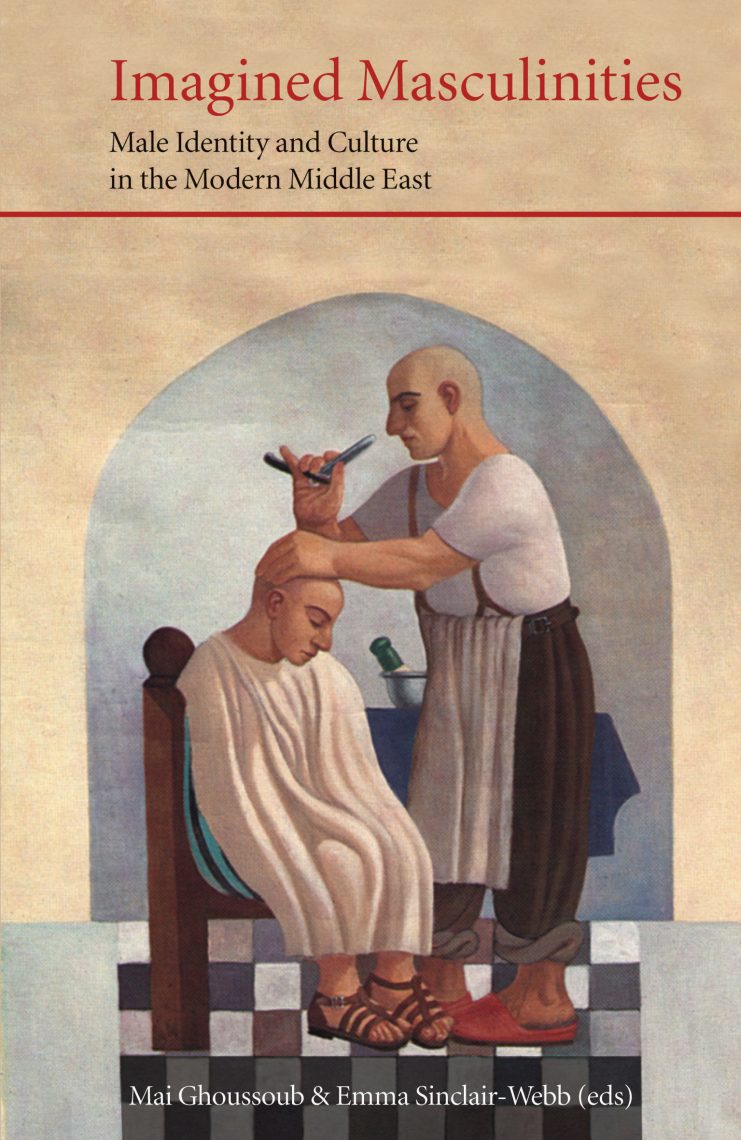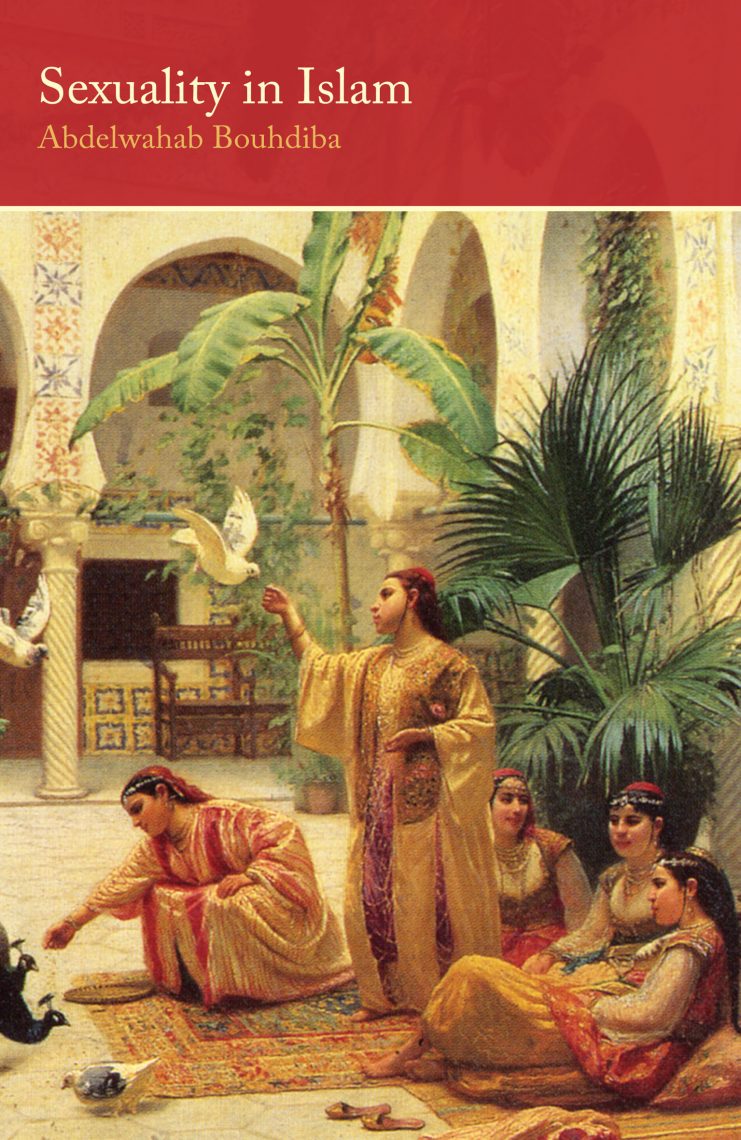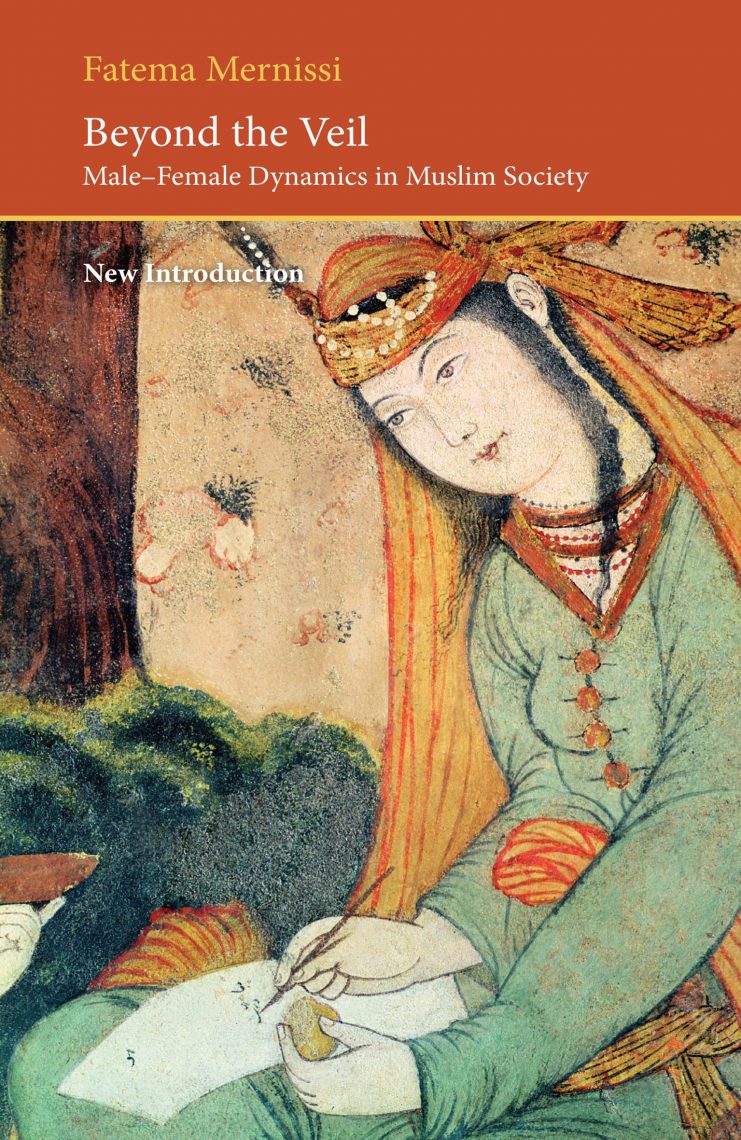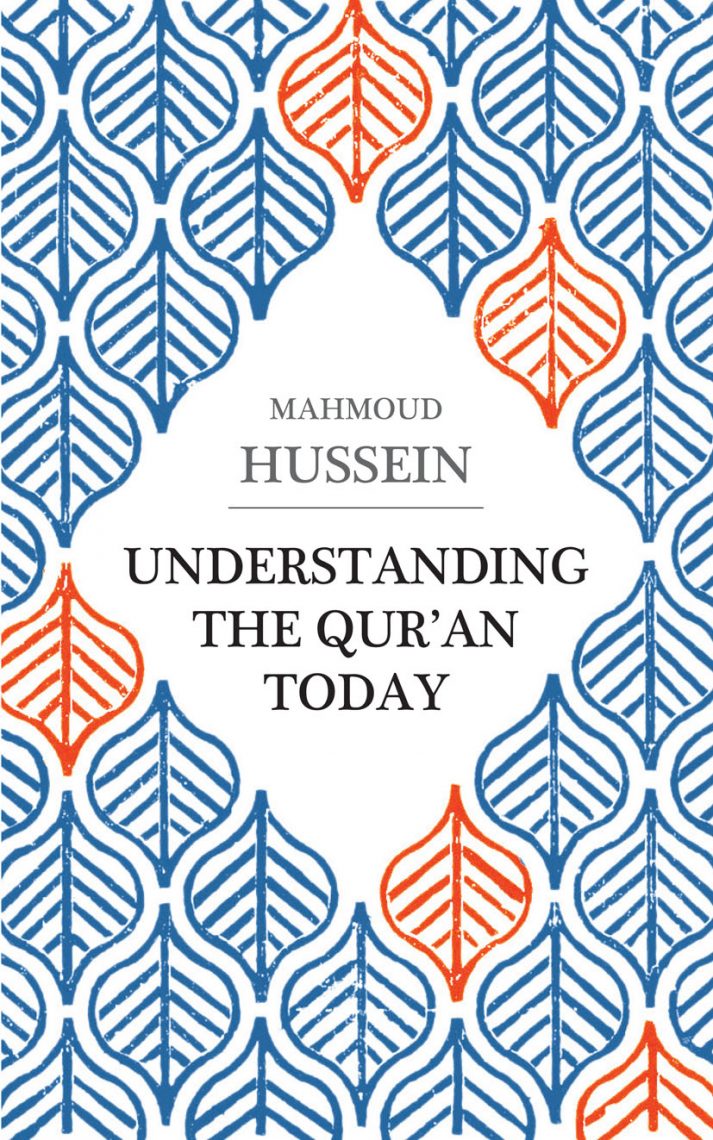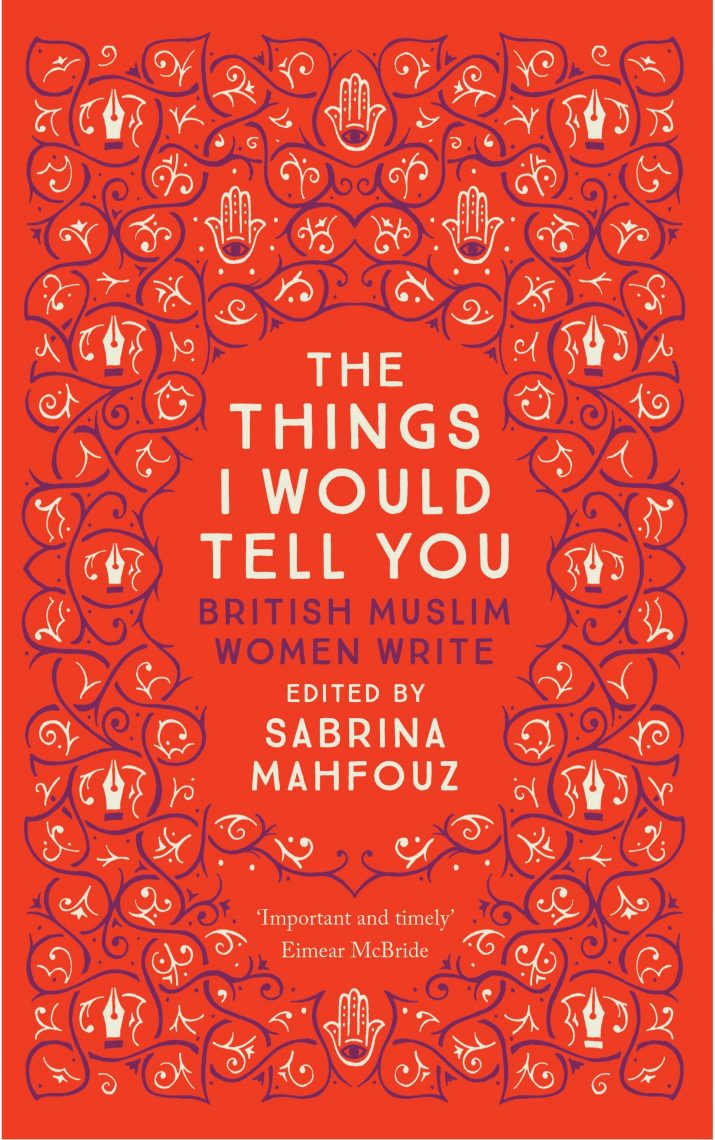- You cannot add "Imagined Masculinities" to the cart because the product is out of stock.
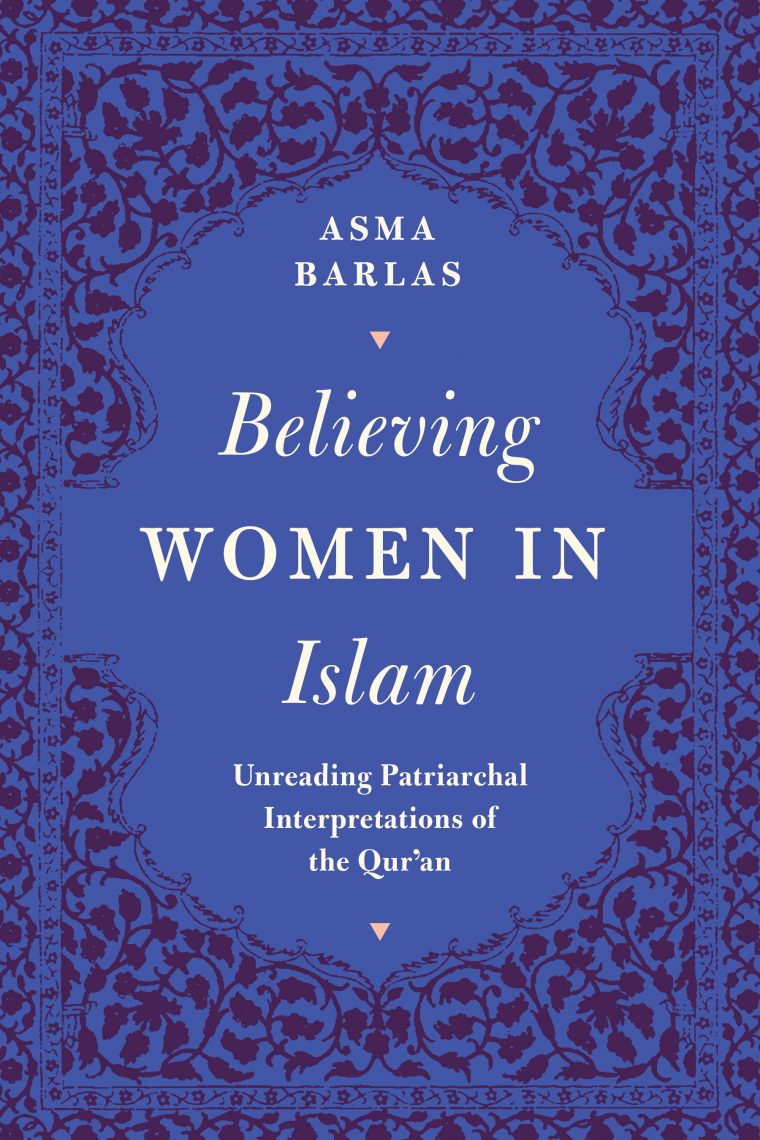
About the Book
Does Islam call for the oppression of women? The subjugation of women in many Muslim countries is often used as evidence of this, while many Muslims read the Qur’an in ways that seem to justify sexual oppression and inequality. In this paradigm-shifting book, Asma Barlas argues that, far from supporting male privilege, the Qur’an actually affirms the complete equality of the sexes.
Offering a historical analysis of religious authority and knowledge, Barlas shows how, for centuries, Muslims have read patriarchy into the Qur’an to justify existing religious and social structures. In this seminal volume, she takes readers into the heart of Islamic teachings on women, gender and patriarchy, offering an egalitarian reading of Islam’s most sacred scripture.
This revised edition includes two new chapters, a new preface, and updates throughout.
About the Author
Asma Barlas is a Pakistani-American writer and academic. She is currently a professor of politics at Ithaca College. She earned a BA in English Literature and Philosophy from Kinnaird College, an MA in Journalism from the University of the Punjab, and an MA and PhD in International Studies from the University of Denver. Barlas was previously the founding director of the Center for the Study of Culture, Race and Ethnicity at Ithaca College for twelve years, and held the Spinoza Chair in Philosophy at the University of Amsterdam. Her other books include Re-understanding Islam: A Double Critique and Islam, Muslims, and the US: Essays on Religion and Politics.
Reviews
‘This is an original and, at times, ground-breaking piece of scholarship.’ John L. Esposito, University Professor and Founding Director of the Alwaleed Center for Muslim-Christian Understanding, Georgetown University
‘[A] brilliantly executed work . . . A new generation of scholar-activists . . . will take cues from such a study to open up interpretations and modes of Islamic praxis that will resonate with the avowedly non-repressive divine intentions for Muslim and other faith communities worldwide.’ Arab Studies Journal
'An interesting contribution to contemporary Muslim thought that will be useful in teaching a broad range of undergraduate and graduate courses.' International Journal of Middle East Studies
‘Barlas's thesis is irresistible... this book is loaded with interesting facts about Islam that may even surprise Muslims’ Publishers Weekly
'A fascinating analysis of woman's position in Muslim society ... Barlas clearly lights a path in the Qur'an that allows Muslim women to break free of many patriarchal readings previously established.' H-Gender-MidEast
‘A refreshing read … a unique analysis that underscores the exclusively the role of women in Islam’ New Arab
